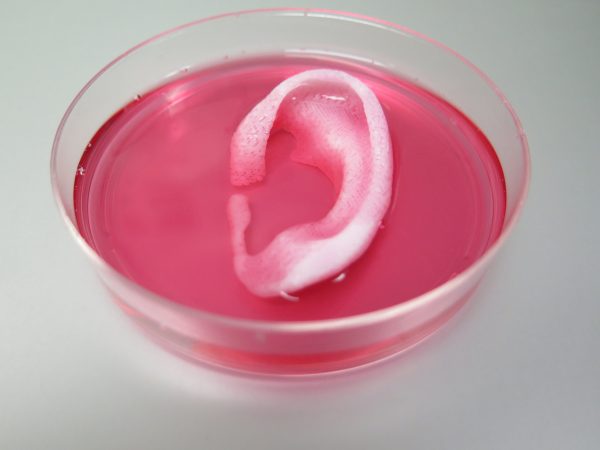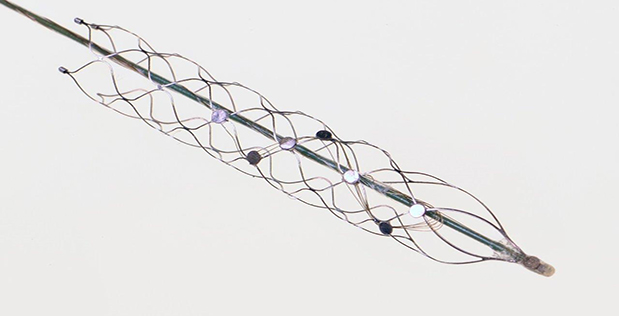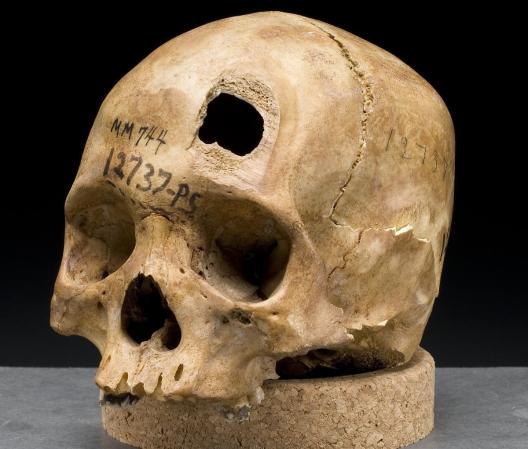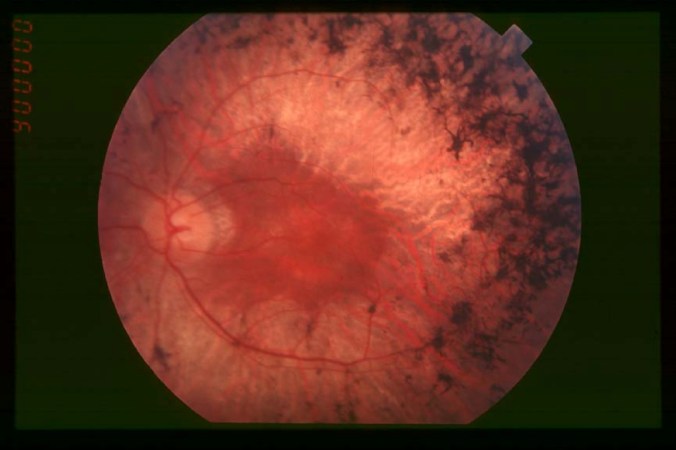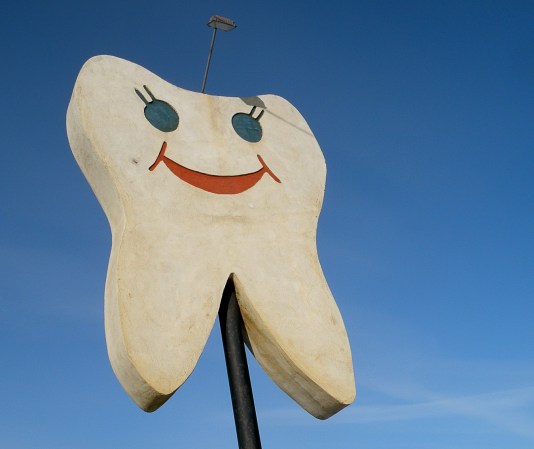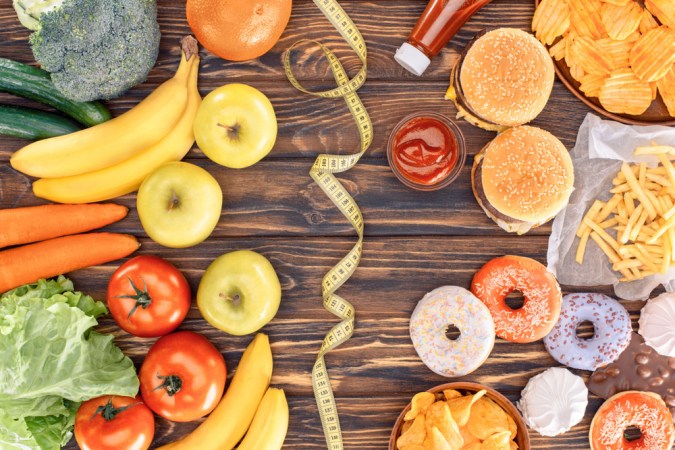

When it comes to losing weight and getting healthy, there never seems to be a shortage of diet and fitness crazes claiming to hold the secret to easy, sustainable weight loss. Some of the most recent popular diet crazes include the ketogenic diet (low carbohydrate, high fat), the carnivore diet (only eating meat and other animal products), and intermittent fasting (eating only within a strict timeframe, or on certain days).
But another diet plan that’s come into the spotlight recently is the hormone diet, which claims that the reason people struggle to lose weight is because their hormones aren’t working properly. Numerous books have been written about this topic, with advocates of the hormone diet claiming people can experience quick and significant weight loss by using diet and exercise to manipulate or “reset” their hormones. There are a few variations of the diet, but the main idea with each is that the key to losing weight is by correcting perceived hormonal imbalances in the body.
Hormones play an important role in our body’s everyday processes, from digesting food to helping bones grow. They’re transported around the body through the bloodstream and act as “chemical messengers” that instruct cells to perform specific jobs.
For example, insulin is essential for regulating metabolic processes and allows the body to store the carbohydrates from food as energy in our muscle cells. When we eat, it causes blood sugar levels to rise, which results in the pancreas releasing insulin into the bloodstream. The insulin then attaches itself to cells and signals them to absorb sugar from the bloodstream and store it for later use.
Insulin was once thought to play a key role in weight gain, but recent research shows that total calorie intake is actually the primary factor in gaining or losing weight. Fat loss can only be achieved by creating a calorie deficit, which simply means that you must burn more calories than you consume. Similarly, this is why many people have success with intermittent fasting, as it typically results in the consumption of less food and therefore fewer calories.

One popular book promoting the hormone diet uses a three-step program that claims it will help people lose weight, gain strength, and feel younger. Steps one and two of the diet focus on changing nutritional habits. Step three concentrates on exercise.
According to the author, readers must “detox” their body. In step one, readers remove foods like alcohol, caffeine, sugar, red meat, cow’s milk, and milk byproducts (such as cheese or yogurts) from their diet, while simultaneously eating more fruits and vegetables, poultry, fish, eggs, dairy products from sheep and goats, and plant milks. In step two, readers must then cut out processed foods, artificial sweeteners, and refined grains. Step three involves an increase in cardiovascular and strength exercises.
The dietary recommendations provided in steps one and two require a decrease in food products that are typically high in calories and low in nutritional value, such as alcohol, high-sugar foods, and processed foods. The diet also promotes foods such as vegetables, fish, and fruit, which increase fiber intake (important for the digestive system) and provide the body with a variety of vitamins and minerals that perform numerous bodily functions required for overall health and well-being. These foods are also generally lower in calories than alcohol, high-sugar foods, and processed foods. And paired with the recommended exercises in step three, this “hormone diet” will probably increase calorie burning along with other health benefits.
Does the ‘hormone diet’ actually work?
Generally, the hormone diet recommended in this book is not bad nutritional advice. However, the key here is that any potential weight loss will probably be from the change in calorie intake, rather than an effect (if any) on your hormones.
Weight loss (or body fat loss) is achieved by creating a calorie deficit, not by “resetting your hormone balance.” Despite what advocates of the hormone diet might claim, hormonal imbalances are usually the result of a more serious underlying health condition, such as diabetes (impaired insulin function) or hyperthyroidism (where the thyroid produces too many thyroid hormones). These couldn’t simply be fixed through diet alone, and would require medical treatment.
Currently, there is no viable theory to demonstrate that a person can “reset” their hormones to influence fat loss. There is also no peer-reviewed research in a major journal that has specifically studied the hormone diet and its effects. But there might be a simple explanation for why people think the hormone diet works: It helps to create a calorie deficit through improved nutritional habits and exercise, which will probably result in weight loss.
Ultimately, anyone that wants to lose weight or body fat should focus on creating a calorie deficit. How a person creates this calorie deficit may vary from person to person, and might even include following popular diet plans like keto or intermittent fasting. But the best approach is whichever someone finds the most compatible with their lifestyle.
Robert Naughton is a senior lecturer at the University of Huddersfield.
This article was originally featured on The Conversation.
